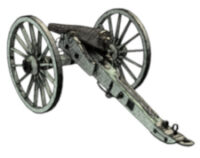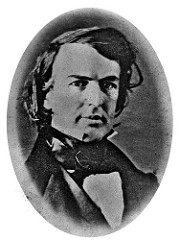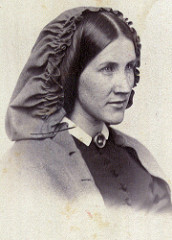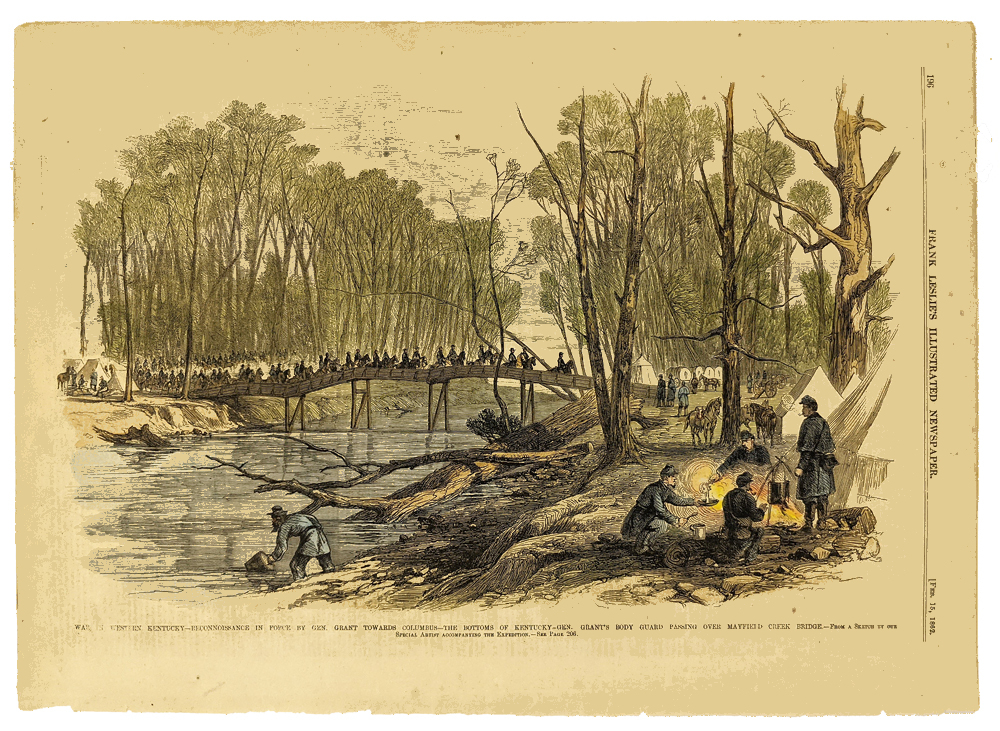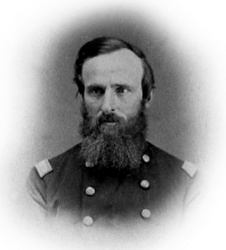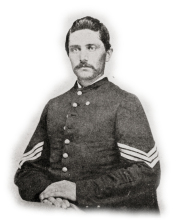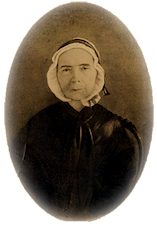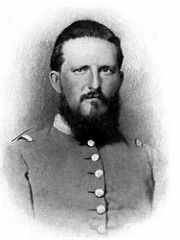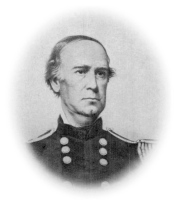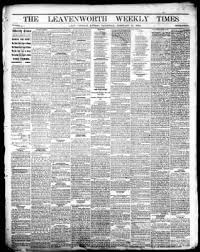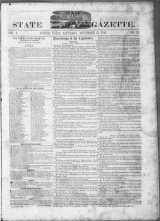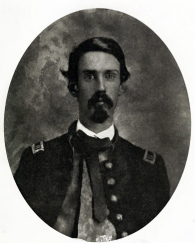Sept. 23.–At Fortress Monroe, Va., Ross Winans, one of the Baltimore members of the Legislature, having taken the oath of allegiance, was this morning released.–Commodore Stringham was relieved by Captain Goldsborough.– Baltimore American, Sept. 24.
–This night a successful effort to burn the barn and haystacks around Munson’s Hill, Va., was made by Major Frank Lemon and Lieut. Chas. Dimoud, of the California regiment. At the forge of some blacksmiths they made some fifty or more conical slugs, and with these and a Sharp’s rifle they started for the line of our pickets, built a fire, and commenced heating shot. One of them with a cloth would drop the shot into the muzzle of the rifle, and the Major, being the best shot, blazed away. At the second shot the hay-ricks were in a blaze. In two more shots the barn caught. Out rushed the rebels, and made for the hill.
–Lieutenant Wilson, with a squad of the Fourth Cavalry, proceeded to Unity, a small place in the northern part of Anne Arundel County, Md., and seized a quantity of sabres, pistols, and muskets, in possession of secessionists in the neighborhood. They were a portion of the arms given to a volunteer company raised at the time of the John Brown raid.
–Five Hundred of the Fourth Ohio, with one piece of artillery; and Ringgold’s cavalry, seventy-five in number, under Colonel Cantwell; and four hundred of the Eighth Ohio, under Colonel Parke, make an advance from New Creek toward Romney, Va. They drove the rebels, seven hundred strong, out of Mechanicsburg Gap, and advancing stormed the town, causing the enemy, whose force numbered fourteen hundred infantry and cavalry, to retreat to the mountains with a loss of about thirty-five killed and a large number wounded. The National loss was three killed and ten wounded.
–At St. Louis, Mo., Charles G. Ramsay, the proprietor of the Evening News, was arrested this afternoon by order of the Provost-marshal, and taken to head-quarters for examination. His offence is publishing an editorial article today, entitled “The Fall of Lexington,” reflecting in bitter terms on the campaign of the military authorities in the department of the West. His paper has been suppressed, and all the manuscript found in the office was seized, and the building is now in possession of a provost guard.–(Doc. 58.)



